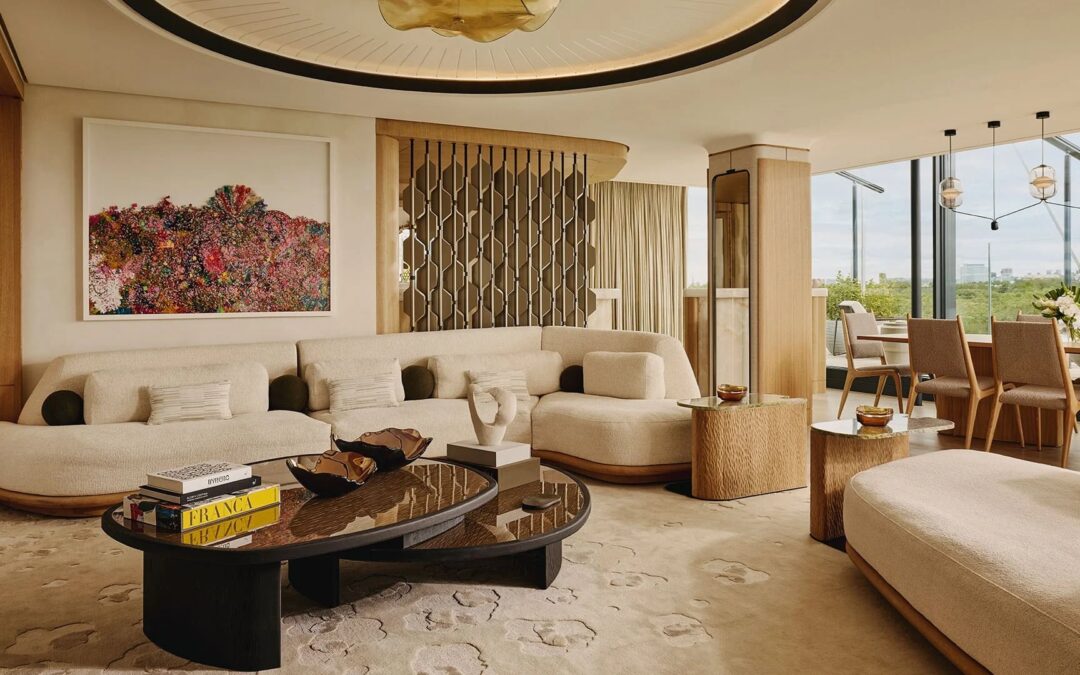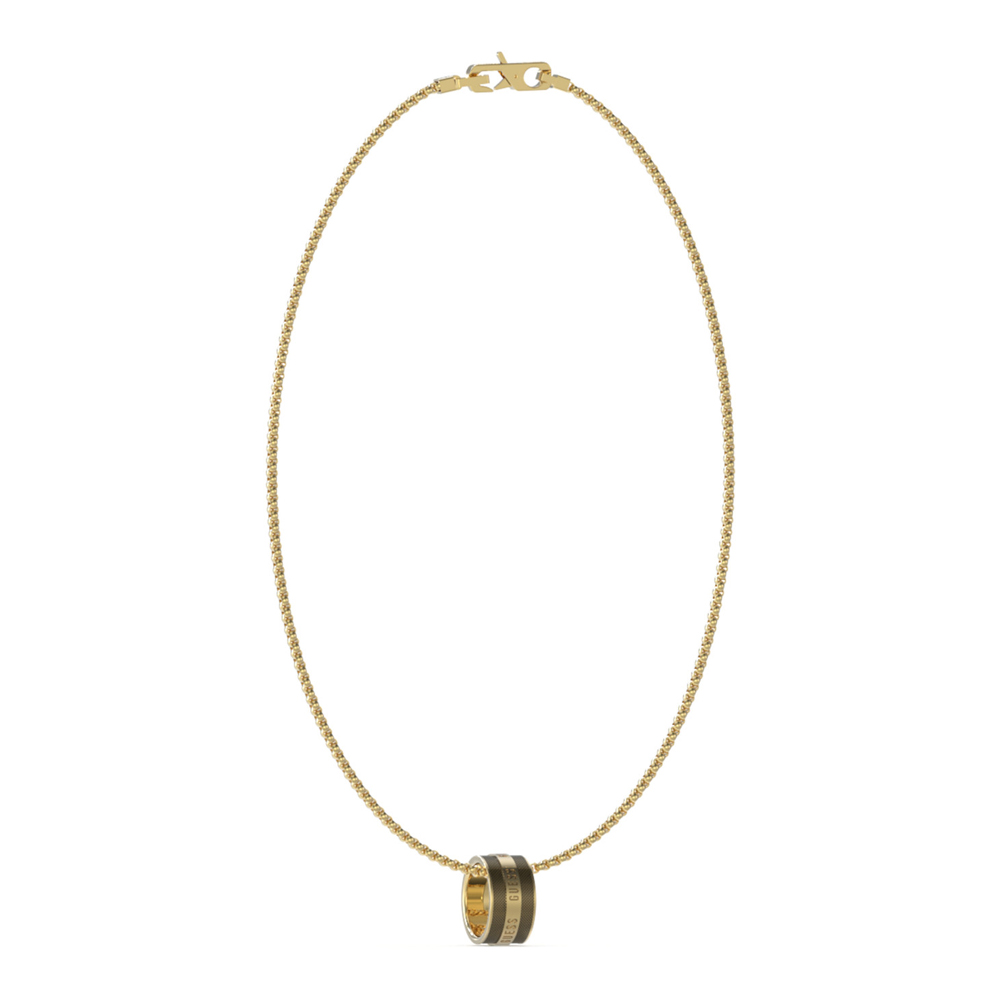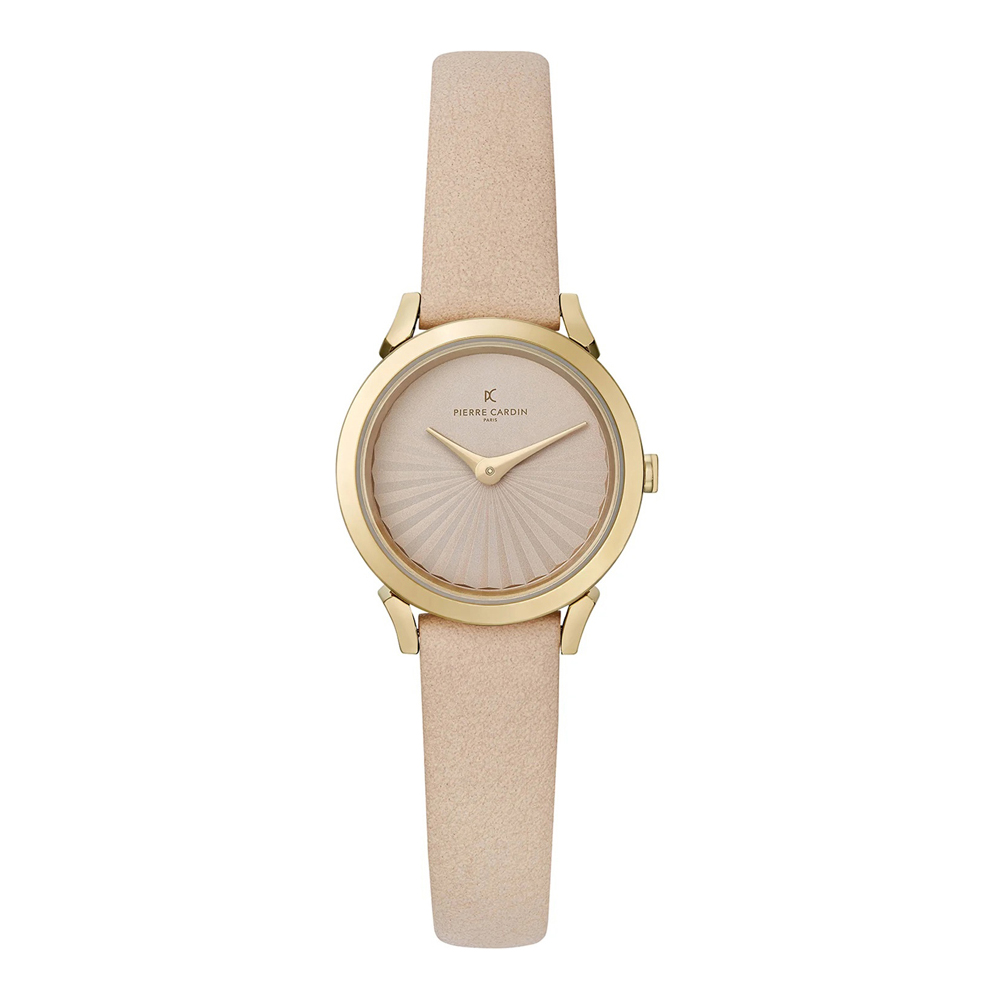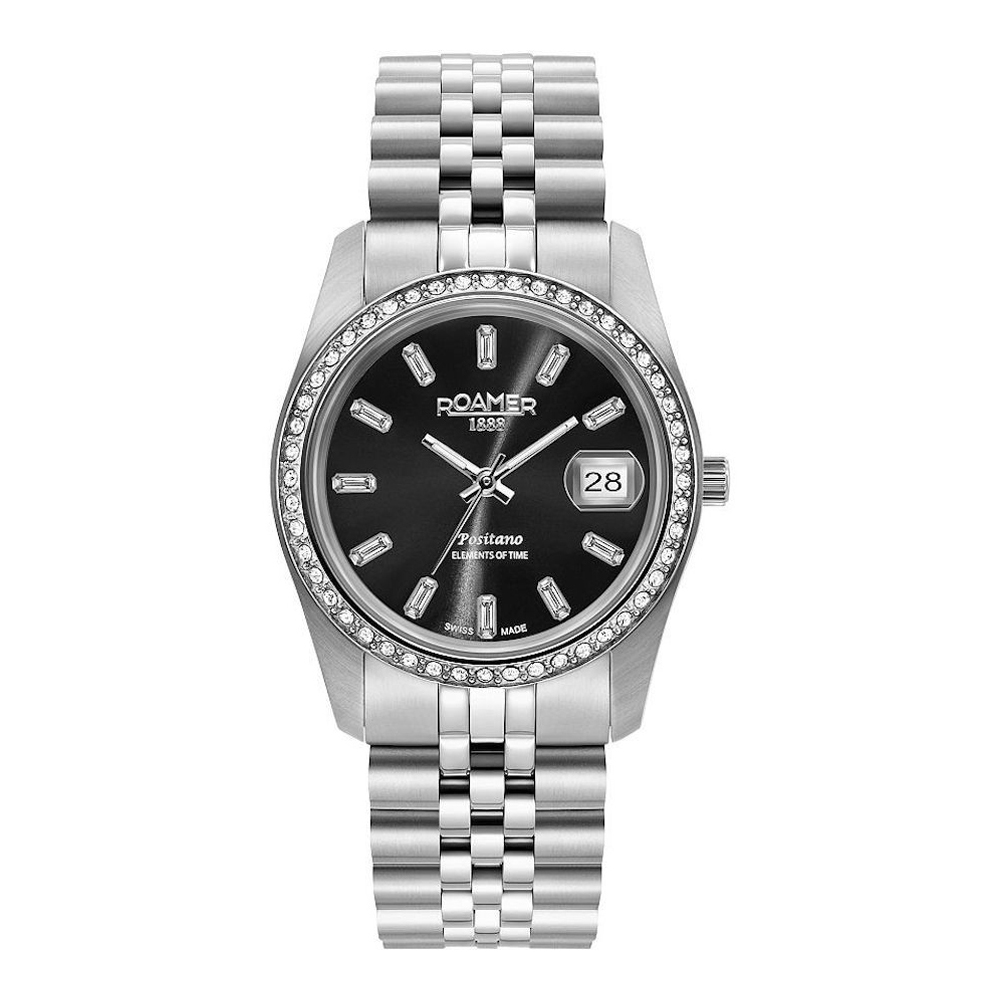
Until recently, paying upwards of £1,000 ($1,300) for one night in a fancy hotel was starting to feel like an inevitability in London — even if you were happy to settle for a small, entry-level option. Thankfully for consumers, it’s now starting to feel like a stretch.
With more luxury openings driving up competition and economic uncertainty tamping down demand, London’s hotels are recalibrating their prices. The result is the first real deflation in luxury hospitality since the post-Covid “revenge travel” boom. Take the five-star Raffles at the OWO, which made headlines with its then-unprecedented £1,100 starting price when it opened in 2023. Search for a basic room now, and you might find one available for £880 — 20 percent less than its original going rate.
A similar story is unfolding across other top hotels in London. At the Peninsula London, rooms can be found for around £900, down from the £1,300 the hotel was charging when it opened two years ago. One night at the all-suite Emory Hotel in Knightsbridge can be booked for £936, while last year’s debut prices was £1,600.
And it’s not just the relative newcomers that are adjusting their prices—a room at the Dorchester can be booked for £750, when the starting room rates were above £1,000 last year. Data shared by Fora Travel, a “host agency” for thousands of travel advisers, shows average nightly rates at five-star London properties are anywhere from 20 to 50 percent lower than the same period in 2024.
“The drop in prices is largely driven by heightened competition,” says Fora adviser Aleksandra Coric. To wit, London’s parade of ultraluxury openings is showing no signs of slowing down.
The long-anticipated, 144-room Chancery Rosewood at the old US Embassy in Mayfair is now taking reservations—it will open in September — and later this year, the 109-room Six Senses will follow suit, serving as the anchor for the regeneration of the Bayswater neighbourhood just north of Hyde Park. Then 2026 will see Auberge Hotels make its London debut: It’s transforming a 102-room grand Palladian mansion with connections to the royal family. A third Mandarin Oriental property and a Waldorf Astoria are on the way too. It all adds up to more than a thousand new top-tier rooms in the next two years in what’s already a crowded market.
Coric says the market correction is largely about supply and demand, with global economic uncertainty making it difficult for the travel industry to sustain the record-breaking figures of the last few years. The ramifications of all that are most pronounced at the highest end of the market — likely as aspirational travellers abandon their splashiest plans in favour of more moderate budgets.
Tom Cahalan, co-founder of luxury travel agency Dorsia Travel, posits that the sky-high rates in 2024 were also something of a failed experiment, with hoteliers trying their luck to see just how much consumers were willing to shell out. “Even our ultra-high-net-worth clients still want value for money,” he says, and the prevailing consumer sentiment has been that hotels charging upwards of $1,000 aren’t always delivering an experience that’s worth the added cost.
Cahalan says it’s ultimately easier for hotels in seasonal destinations, like the Amalfi Coast or the south of France, to maintain sky-high room rates, simply because their limited availability effectively creates a scarcity effect. By contrast, he explains, London is a year-round destination.
Some of the newcomers who are vying to be the best of the best are still betting they can command blockbuster prices. The new, all-suite Chancery Rosewood has starting prices of £1,280 a night in September, for instance. But the new Six Senses will likely price lower, with executives from the wellness-focused brand saying that the London property is aiming to charge rates of around £700.
Cahalan sees a silver lining to the price wars: He argues that all the competition has helped London leap-frog Paris to become the world’s best city for five-star hotels. And if you factor in the competition across the channel, Britain’s bastions of luxury look like relative bargains. After all, the best hotels in Paris — be it Le Bristol or the Ritz or Rosewood’s Hotel de Crillon — are bucking the logic that’s prevailing in the Big Smoke. The prices there? Easily $2,200 a night.
By Sarah Rappaport











